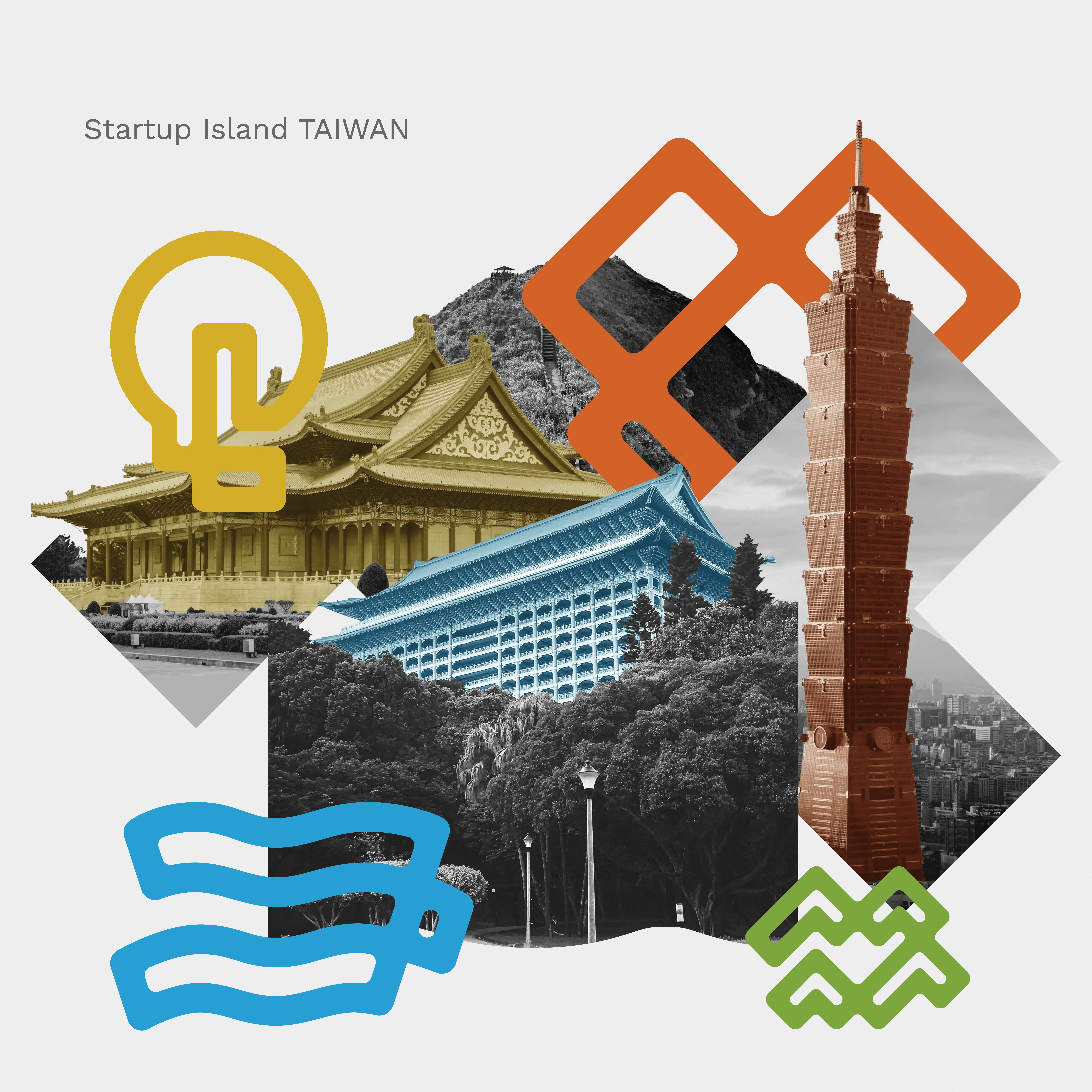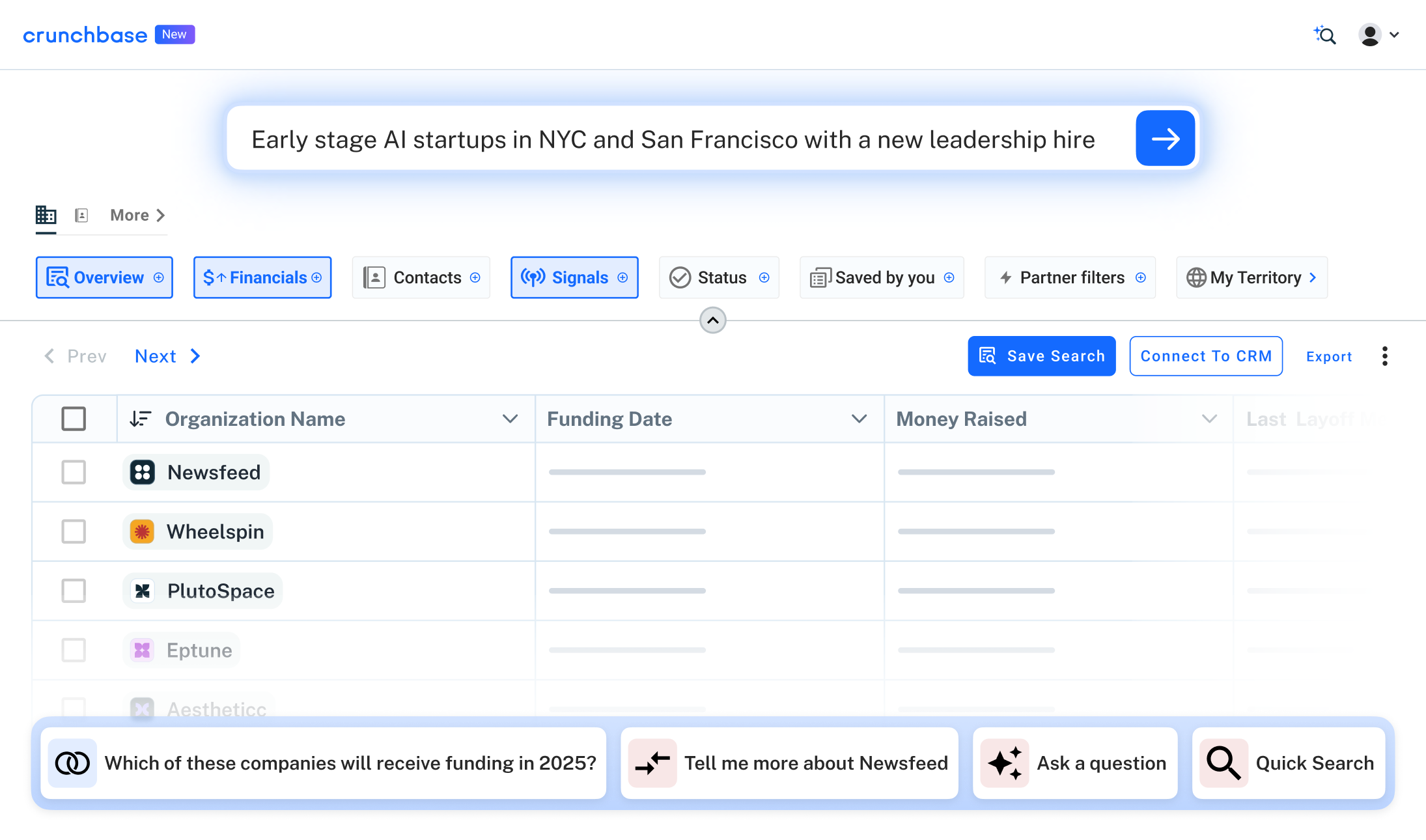This article is part of the Crunchbase Community Contributor Series. The author is an expert in their field and a Crunchbase user. We are honored to feature and promote their contribution on the Crunchbase blog.
Please note that the author is not employed by Crunchbase and the opinions expressed in this article do not necessarily reflect official views or opinions of Crunchbase, Inc.
In partnership with Crunchbase, Startup Genome has just released The Global Startup Ecosystem Report GSER 2021, ranking the top 30 and 10 runner-up global ecosystems and the top 100 emerging ecosystems. This year’s GSER also has an expanded regional focus, looking at ecosystems in Africa, Asia, Europe, Latin America, MENA, North America and Oceania. Lastly, the report’s Startup Founders Corner hosts articles on how to build sustainable startup ecosystems, how to divide founders’ equity, how to engage the government as an effective venture capitalist, and more.

Top global startup ecosystems
Startup Genome studied 280 ecosystems and 3 million startups using quantitative and qualitative assessments to holistically capture the state of each ecosystem in the GSER. This comprehensive research evaluates 100 metrics, as well as Startup Genome’s nine ‘success factors,’ including performance, funding, connectedness, talent, experience and knowledge.
To no one’s surprise, Silicon Valley ranked as the No. 1 startup ecosystem again this year, followed by New York City and London tied in the No. 2 position for the second year in a row. Beijing and Boston follow at No. 4 and No. 5, respectively. North America continues to dominate the global rankings, with 50 percent of the top 30 ecosystems, followed by Asia with 27 percent and Europe with 17 percent of the top-performing ecosystems globally.
Although the top five ecosystems have stayed constant since 2017, there is one new entrant to the top 10. Tokyo rose to No. 9, up six places from last year, largely due to an increased number of successful exits that contributed to a growth in its ecosystem value.
The Japanese ecosystem wasn’t the only big mover on the list. Philadelphia shot up an impressive 15 spots, from No. 43 last year to No. 28 this year, and Salt Lake-Provo entered the top 30 at No. 30. Toronto-Waterloo moved up four places from No. 18 in 2020 to No. 14 in 2021, and Seoul went from No. 20 in 2018 to No. 16 this year.
This year’s report also saw two new entrants to the runners-up list—Research Triangle (the Raleigh-Durham-Chapel Hill area of North Carolina, U.S.) and Dublin, Ireland.
Fast-growing emerging ecosystems
The top 100 emerging ecosystems represent over $540 billion in ecosystem value, a 55 percent increase from last year. More and more of these ecosystems have also begun minting unicorns. The top 100 emerging ecosystems created 124 billion-dollar startups (called unicorns) in the 10-year period from 2011-2020. MENA began producing unicorns in 2016 and Latin America in 2018. Asia produces 36 percent of the members of the billion-dollar club, followed by North America with 30 percent, and Europe with 27 percent.
Mumbai again topped the top 100 emerging ecosystems list this year, but the remainder of the list showed several significant shifts. Wuxi, previously below the top 20, is now at an impressive No. 7, and Estonia jumped from No. 14 to the No. 5 tie position.
The top 100 list reflects the increasing geographic diversity of both emerging ecosystems and Startup Genome’s analysis. While Europe and North America continue to hold the majority of emerging ecosystems, Latin America has three more ecosystems in the top 100 than it did last year. Mexico City and Bogota are joined by Buenos Aires, Santiago-Valparaiso and Rio de Janeiro, as funding increasingly flows into the region. Late-stage funding (Series B+) increased fivefold from 2015 to 2020, while early-stage funding (Seed and Series A) more than doubled in the top 100 list.
The MENA region has four ecosystems in the top 100—Dubai, Cairo, Riyadh and Abu Dhabi—and the total number of late-stage funding rounds in the region has almost doubled in the last five years. Dubai edged up seven spots to the No. 11 rank in the top 100 this year, while Cairo ranks as the No. 1 MENA ecosystem and in the top 15 global ecosystems in affordable talent.
Africa’s nascent startup scene is beginning to gain momentum as well. African ecosystems, including leaders such as Cape Town, Lagos, Johannesburg, Nairobi and Accra, created $6.6 billion in value in 2021. Average early-stage funding in African startup ecosystems doubled between 2018 and 2020.
Analyzing the increasingly worldwide startup scene for this annual report is a data intensive undertaking that involves more than 300 partners, including Crunchbase.
.svg)




.png)
.png)

